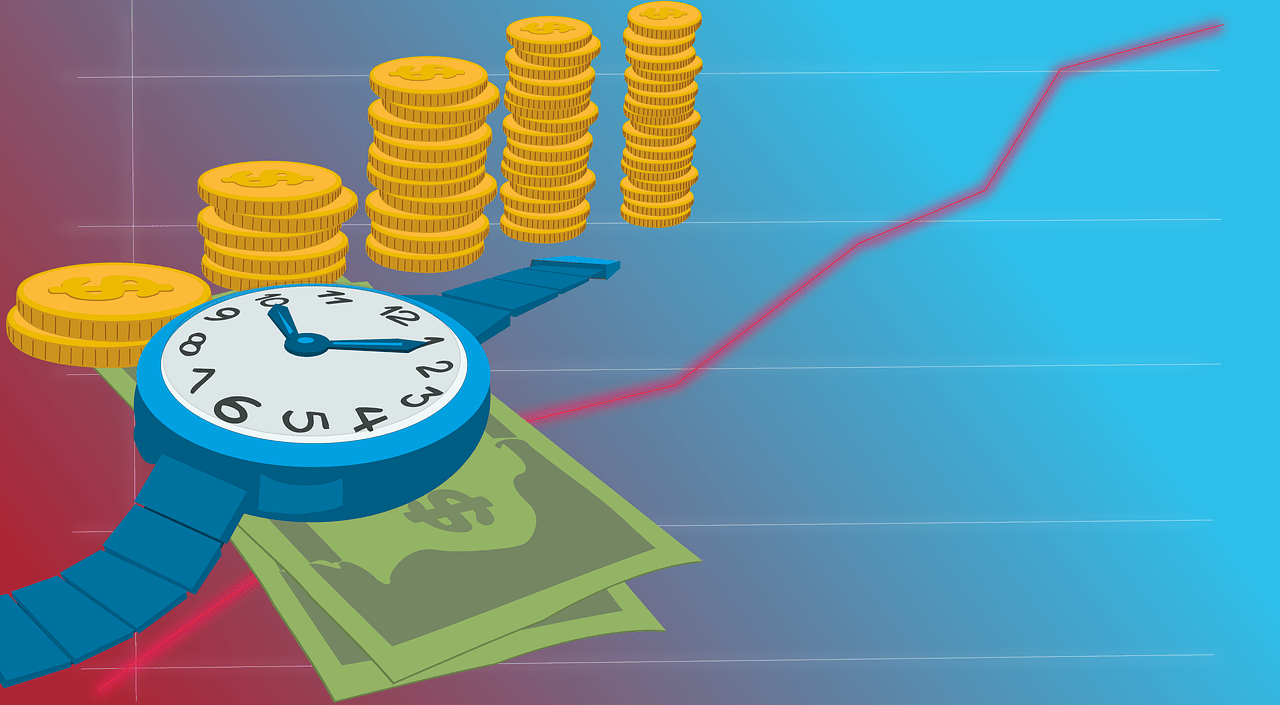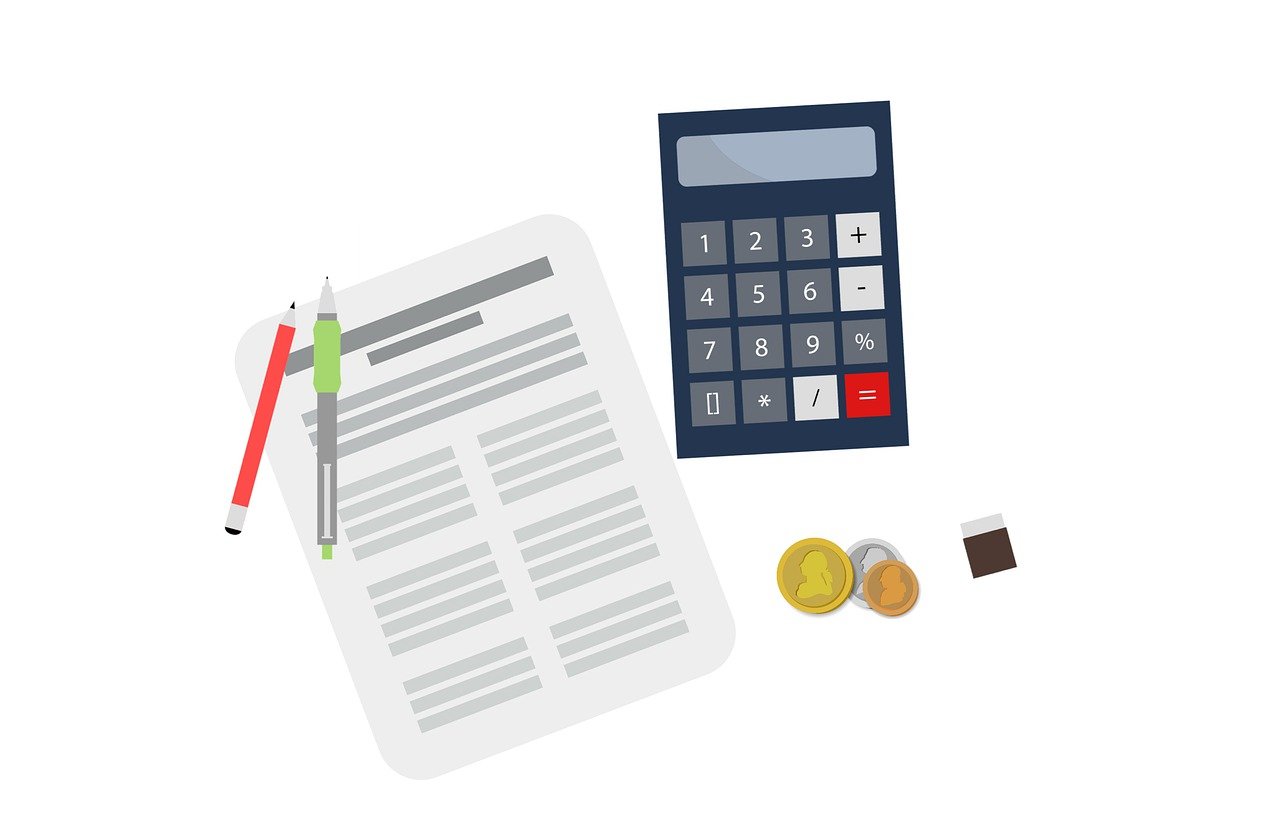What do you look for in a camera when you’re just starting out in photography? With so many options available, it’s normal to feel a bit overwhelmed. You want something that won’t break the bank but still packs a solid performance. Let’s break down what makes for the best budget camera for photography beginners.

Understanding Your Photography Needs
Before you choose a camera, consider what kind of photography you’re most interested in. Are you drawn to landscapes, portraits, or street photography? Each genre comes with its own set of requirements, which greatly influences the type of camera you should look for.
Type of Photography
- Landscapes: You’ll want a camera that can handle wide angles and has good dynamic range.
- Portraits: A camera with good low-light performance and the ability to use various lenses is beneficial.
- Street Photography: Portability and quick autofocus are essential, as you need to capture moments on the fly.
Understanding your focus will help narrow down your options.
What Makes a Great Starter Camera?
When searching for the best budget camera, there are specific features that you should prioritize. While price is crucial, it’s also important to recognize the capabilities you’ll need to grow in your skills.
Key Features to Look For
-
Image Quality: The sensor size and resolution play a significant role in image quality. Look for at least 16 megapixels for decent performance.
-
Ease of Use: A simple menu system and intuitive controls will make it easier for you to adjust settings as you learn the ropes.
-
Versatility: A camera that allows lens changes or has multiple shooting modes will give you the flexibility you need.
-
Durability: Investing in a camera that can withstand the elements (like light rain or dust) can save you frustration down the line.
-
Video Capability: If you have any interest in videography, consider a camera that records in at least 1080p.
Types of Cameras to Consider
There are several types of cameras that can fit your needs as a beginner photographer, each with its benefits and drawbacks. Let’s break them down so you can decide what suits you best.
DSLRs
Digital Single-Lens Reflex cameras are popular among beginners and professionals alike. They provide a good balance of quality, performance, and lens options.
Pros:
- Great image quality
- Extensive lens options
- Optical viewfinder
Cons:
- Can be bulky and heavy
- Learning curve for manual settings
Mirrorless Cameras
Mirrorless cameras have gained popularity in recent years, thanks to their compact design and impressive performance.
Pros:
- Lightweight and portable
- Faster autofocus thanks to electronic viewfinders
Cons:
- Limited battery life compared to DSLRs
- Fewer lens options (though this is rapidly changing)
Point-and-Shoot Cameras
If you’re looking for something compact and easy to use, point-and-shoot cameras might be for you.
Pros:
- Simple operation
- Compact design for on-the-go photography
Cons:
- Limited manual controls
- Smaller sensors often mean lower image quality
Best Budget Cameras for Beginners
Tapping into some real-world options can make this search more manageable. Below is a table showcasing some of the best budget-friendly cameras suitable for beginners.
| Camera | Type | Megapixels | Price Range | Notable Features |
|---|---|---|---|---|
| Canon EOS Rebel T7 | DSLR | 24.1 | $400 – $500 | Built-in Wi-Fi, Full HD Video |
| Nikon D3500 | DSLR | 24.2 | $400 – $500 | Guide Mode, Excellent Battery Life |
| Sony Alpha a6000 | Mirrorless | 24.3 | $500 – $600 | Fast autofocus, Compact design |
| Fujifilm X-T200 | Mirrorless | 24.2 | $600 – $700 | Art filters, Great JPEG quality |
| Panasonic Lumix ZS70 | Point-and-Shoot | 20.3 | $400 – $500 | 4K Video, Compact with powerful zoom |
Always review current prices, as they can fluctuate, especially during sales or new model releases.

Key Accessories for Beginners
Investing in a camera is just the beginning. You’ll likely want some accessories to help make your photography experience smoother and more enjoyable.
Valuable Accessories to Consider
- Tripod: Essential for long-exposure shots and keeping your camera steady in low light.
- Camera Bag: Protects your investment and makes it easier to carry everything you need.
- Extra Batteries: No one wants to run out of power while out shooting, so having spares is crucial.
- Memory Cards: Fast and reliable storage cards are vital for saving your photos quickly, especially when shooting in RAW.
- Lens Cleaning Kit: Dust and smudges can ruin your photos, so having a cleaning kit on hand is helpful.
Tips for Maximizing Your Budget Camera
Once you choose a camera, there are several ways to maximize its potential, making your investment worthwhile.
Mastering the Basics
Familiarize yourself with your camera’s manual settings. Learning about ISO, aperture, and shutter speed will greatly impact your photography skills.
Practice Regularly
The more you shoot, the better you’ll get. Try out different settings in various lighting conditions to see how it affects your photos.
Join a Community
Engaging with other photographers can provide support, tips, and encouragement. Whether online or in local groups, community involvement can help you grow.
Seek Feedback
Don’t hesitate to share your work and ask for constructive criticism. This feedback can provide valuable insights into areas of improvement.

Common Mistakes Beginners Make
Even as you’re on the path to becoming a proficient photographer, it’s easy to fall into some common pitfalls. Awareness of these can save you time and frustration in your learning journey.
Over-Reliance on Automatic Settings
While automatic settings can be helpful, relying solely on them can stifle your growth. Take the time to learn manual settings for better control of your images.
Forgetting Composition
Good composition is key to strong photography. Pay attention to the rule of thirds, leading lines, and framing your subject.
Not Experimenting
Don’t be afraid to try new techniques or styles. Exploring different genres can spark creativity and help you discover what you genuinely love.
Moving Beyond Your First Camera
As you grow in skill and confidence, you might begin to feel the constraints of your first camera. Recognizing when it’s time to upgrade can help keep your passion alive.
Signs It’s Time to Upgrade
- You find yourself feeling limited by your camera’s capabilities.
- You’re consistently shooting at higher ISO levels, leading to noise in your images.
- Your interest in photography has deepened, and you want advanced features.
What to Look for in an Upgrade
When it’s time to consider an upgrade, think about the features you wish you had. More advanced DSLRs, mirrorless models with different lens options, or full-frame cameras may be worth the investment.
Conclusion
Finding the best budget camera for photography beginners can feel like a daunting task, but it doesn’t have to be. By understanding your needs, recognizing the right features, and exploring different types of cameras, you can make an informed decision that suits your budding photography journey.
With practice, learning, and time, you’ll soon see your photography skills blossom, allowing you to capture the world just as you see it. Happy shooting!